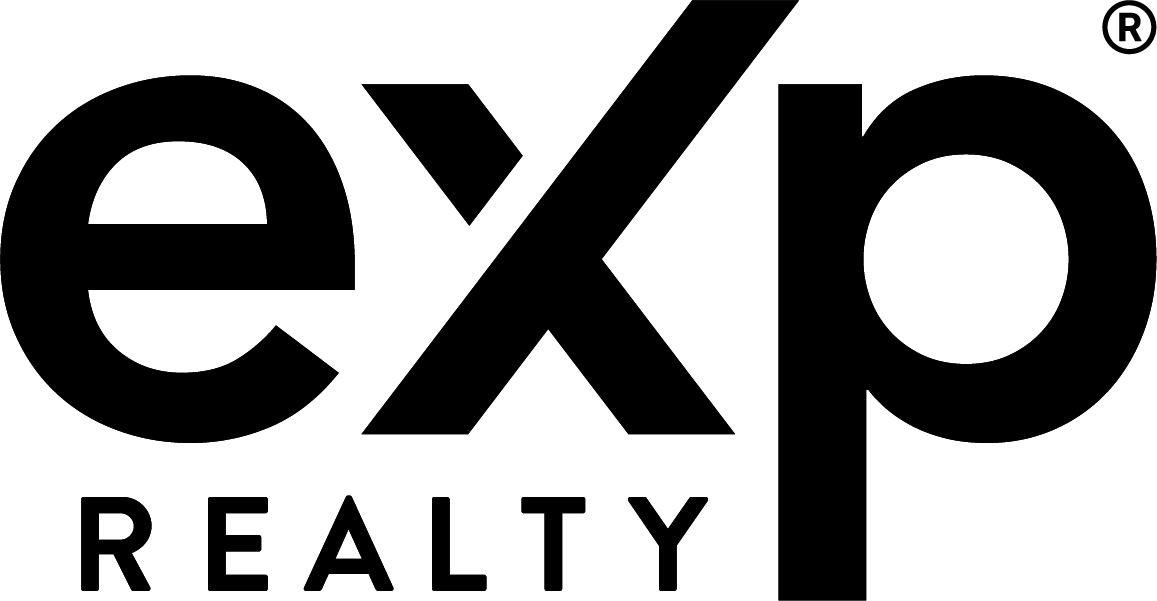This one is from 2013 but still something to think about if the buyers find something big that the agent has sluffed off, when have you heard; “it’s an easy fix”. Not so fast in the case below the brokerage was vicariously liable for its licensee and they had to pay out 47k.
Number 460, February 2013
A BAD INSPECTION REPORT
 When a buyer refuses, for a legitimate reason, to remove a subject clause because of a bad inspection report, what is the listing licensee to do with that knowledge?
When a buyer refuses, for a legitimate reason, to remove a subject clause because of a bad inspection report, what is the listing licensee to do with that knowledge?
This was the issue in a recent case where the court found the listing licensee liable for $47,000 in damages for failing to fully tell subsequent buyers about problems revealed in an earlier inspection report.
In Gundersen v. Savoy, the property was a modified single-wide manufactured home on land near Cranbrook1. The sellers had built an addition to the home.
In June 2004, the sellers listed the property. In their Property Disclosure Statement (PDS), the sellers said they were not aware of any moisture problems.
In February 2005, the sellers accepted an offer subject to inspection. When the buyer received a negative inspection report, she collapsed the deal. In his report, the inspector cited some mildew in the basement under the addition. The inspector said that a vapor barrier should be installed over the exposed earth under the home, and the area treated with a solution to kill mildew. He also found that the furnace was too small. Later, the buyer’s agent told the listing licensee that the buyer collapsed the deal because the inspector reported mould in the home. With the inspector’s report in mind, the sellers took steps to repair the problem by covering the exposed earth with poly and applying a mildew-killing solution.
In January 2006, new buyers viewed the home twice. On January 29, the sellers entered a Contract of Purchase and Sale to sell the property for $178,000 to the buyers. There was no subject-to-inspection clause in the contract. The sellers also updated their PDS to certify they were not aware of any moisture or water problems in the walls, basement or crawl space.
When the buyers moved in, they discovered widespread mould and mildew. For health reasons, they apparently abandoned the home after roughly six months. The buyers sued the sellers, the listing licensee and his brokerage. The court dismissed the claim against the sellers, but found the licensee liable for deceit. The brokerage was vicariously liable for its licensee.
At trial, the listing licensee claimed that he told the buyers that the black poly was there because the earlier inspector had noticed mildew on the underside of the addition. He testified that he told the buyers that the sellers had received advice to spray underneath the floor with a solution, and to insulate and cover the area with a vapour barrier. According to the licensee, he told the buyers that the sellers had apparently remediated the mildew problem on the inspector’s instructions. He also told them the furnace was too small. The licensee testified that this was when the buyers decided to proceed without a subject-to-inspection clause.
The court, however, preferred the buyers’ evidence, rejecting the licensee’s version. The wife of the buying couple testified that when they suggested making their offer subject to inspection, the listing licensee said that an inspection had already been done, and that all was fine except the furnace was too small. She was adamant – the furnace was the only deficiency that the listing licensee told them about.
The court found that the licensee persuaded the buyers by half-truths not to seek an inspection, when he knew that an inspection would be prudent, especially given the property’s mildew history. The court said that if the licensee really believed that the seller had remediated the property, he should have told the buyers about all of the inspector’s findings. Instead, the licensee edited his information, keeping silent about that which might worry the buyers most.
Generally, whether a seller responds to a legitimate negative inspection by repairing the problem or not, the listing licensee should disclose the situation to a later buyer. The licensee should also consider whether the problem is a material latent defect within Section 5-13 of the Real Estate Council of British Columbia Rules2, in which case the licensee must disclose the situation in writing before the buyer enters an agreement to buy the property.
Mike Mangan
B.A., LL.B.
| 1. | Gundersen v. Savoy 2012 BCSC 1047. | |
| 2. | http://www.recbc.ca/licensee/rules.html#section5-13 |
| Back issues of Legally Speaking are available to REALTORS® on BCREA’s REALTOR Link® homepage. Subscribers who are not REALTORS®, and who wish to see back issues, should contact BCREA by email at bcrea@bcrea.bc.ca, or by phone at 604.742.2784. |
| Legally Speaking is published eight times a year by email and quarterly in print by the British Columbia Real Estate Association, and funded in part by The Real Estate Foundation of British Columbia. Real estate boards, real estate associations and REALTORS® may reprint this content, provided that credit is given to BCREA by including the following statement: “Copyright British Columbia Real Estate Association. Reprinted with permission.” BCREA makes no guarantees as to the accuracy or completeness of this information. |
| Copyright © British Columbia Real Estate Association 1420 – 701 Georgia Street West PO Box 10123, Pacific Centre Vancouver, BC V7Y 1C6 Phone 604.683.7702 Fax 604.683.8601 www.bcrea.bc.ca bcrea@bcrea.bc.ca |
Cheers,
Scott & June Simmons
The Salt Spring Team
